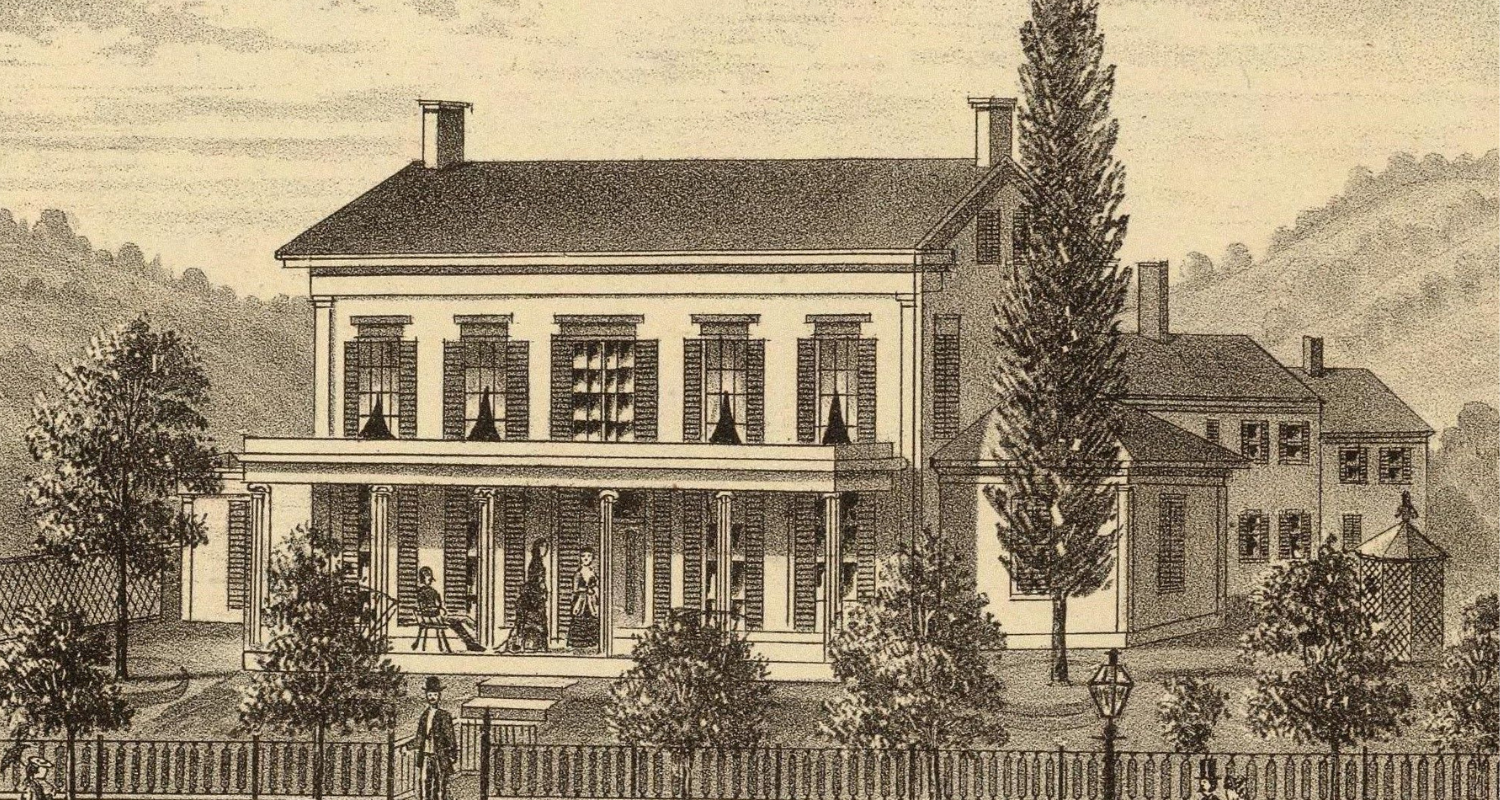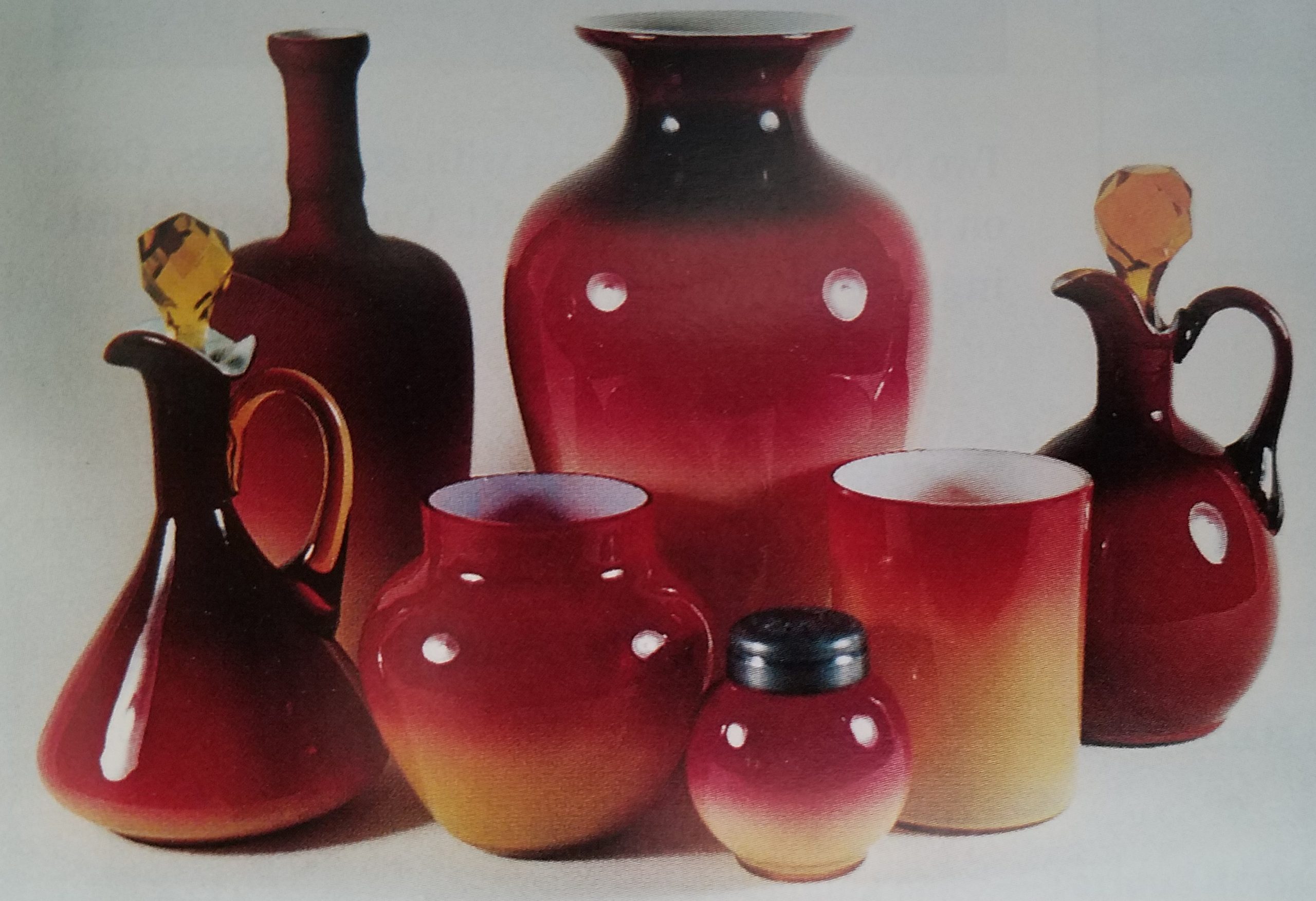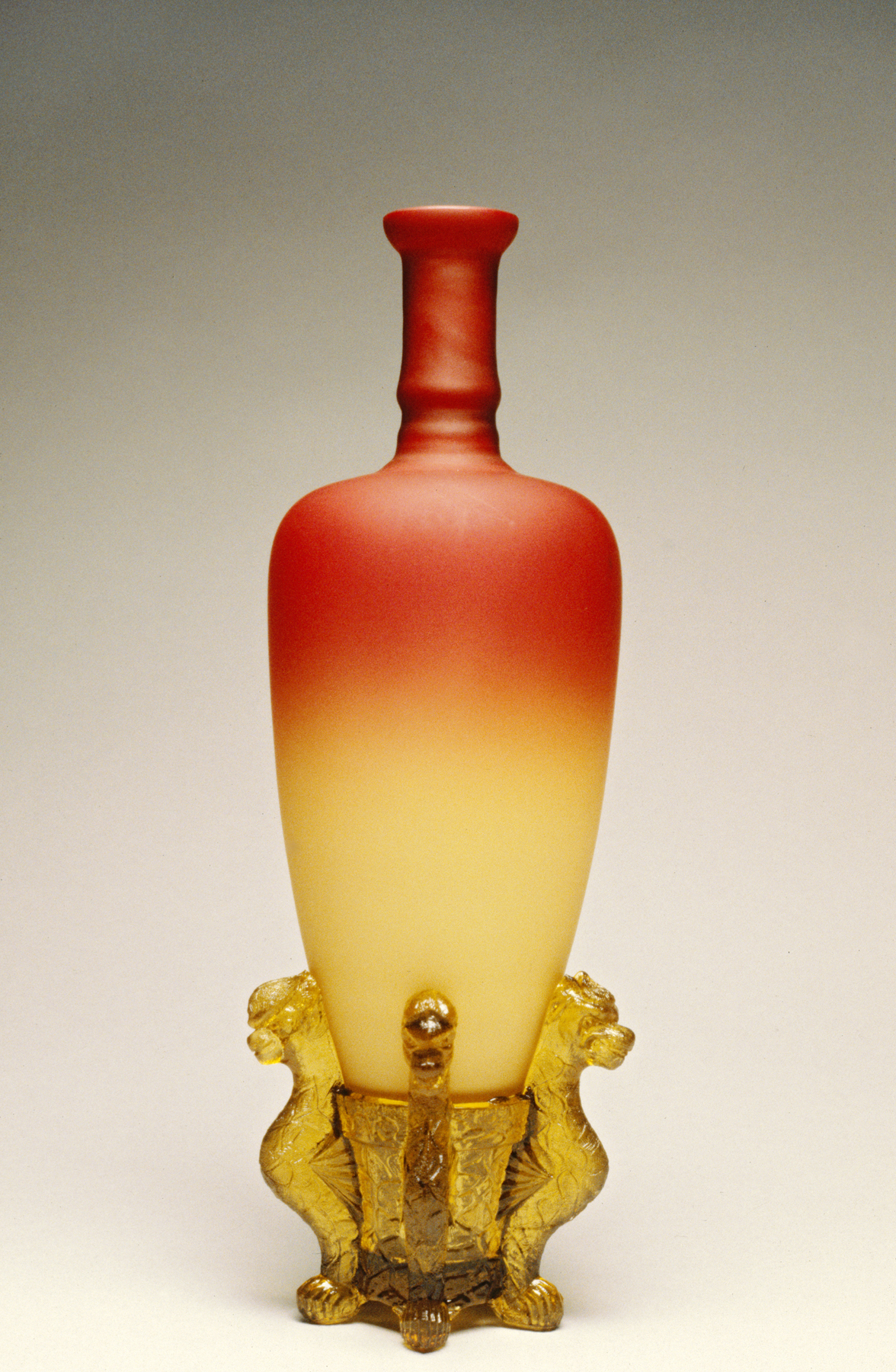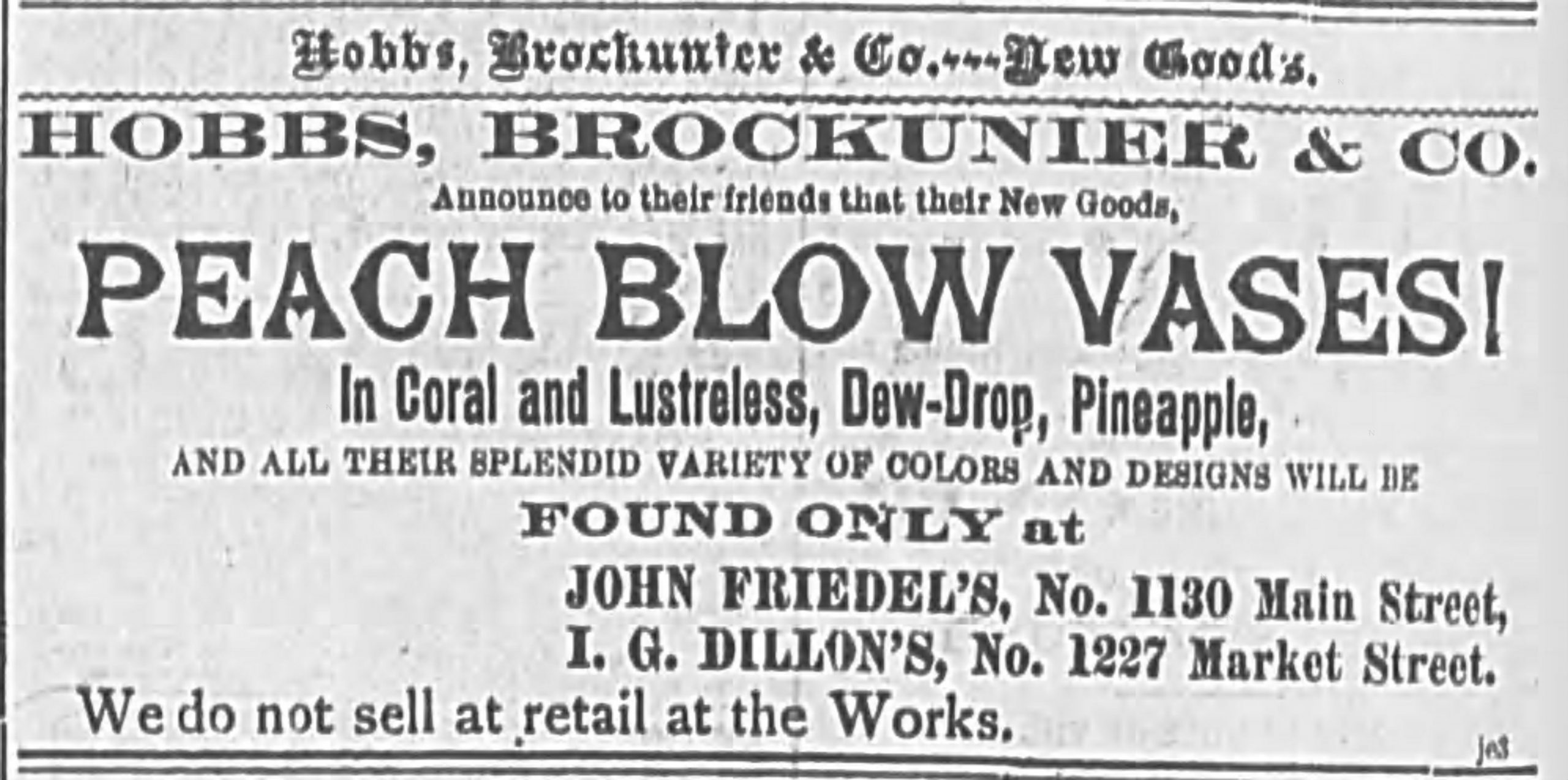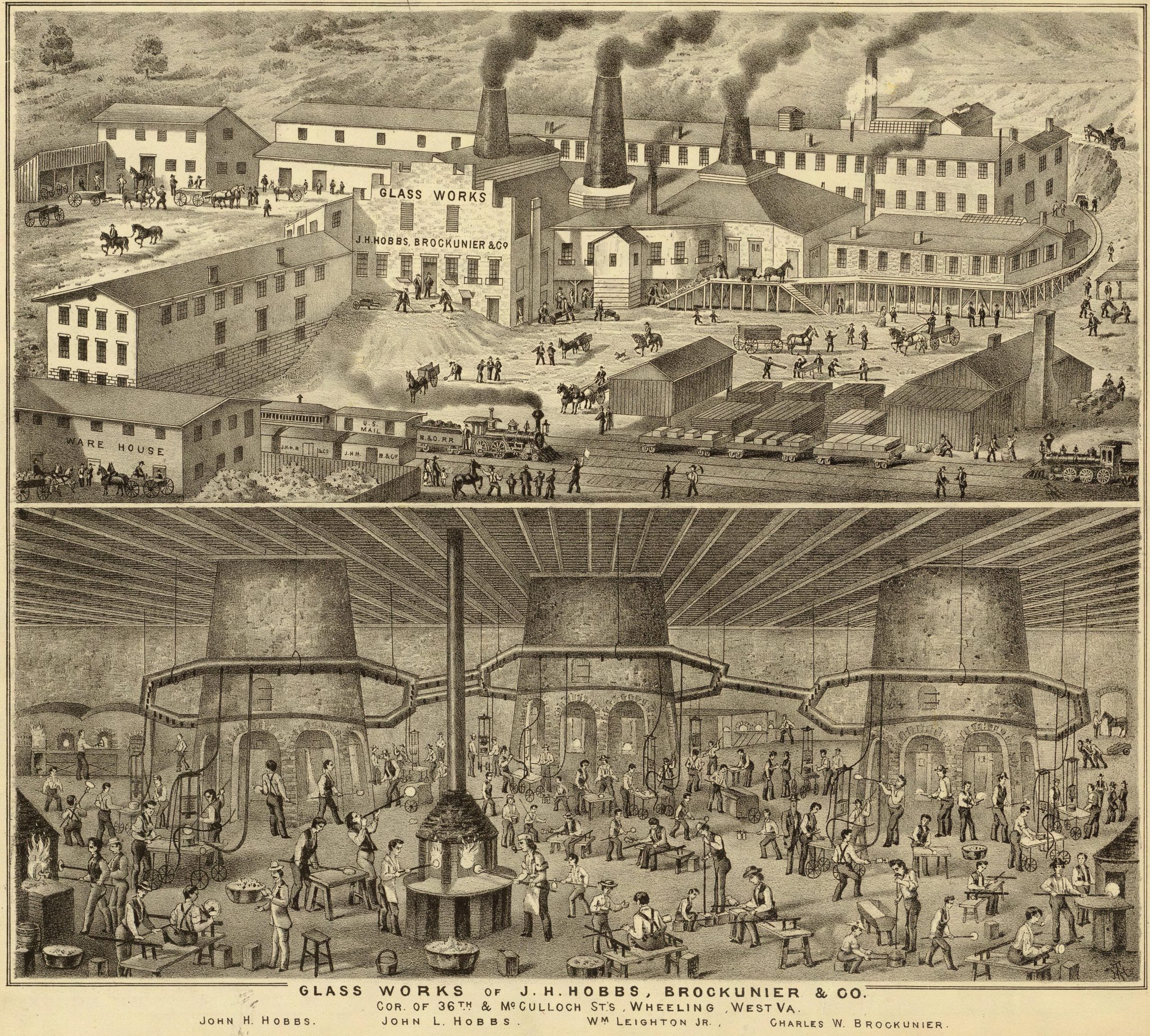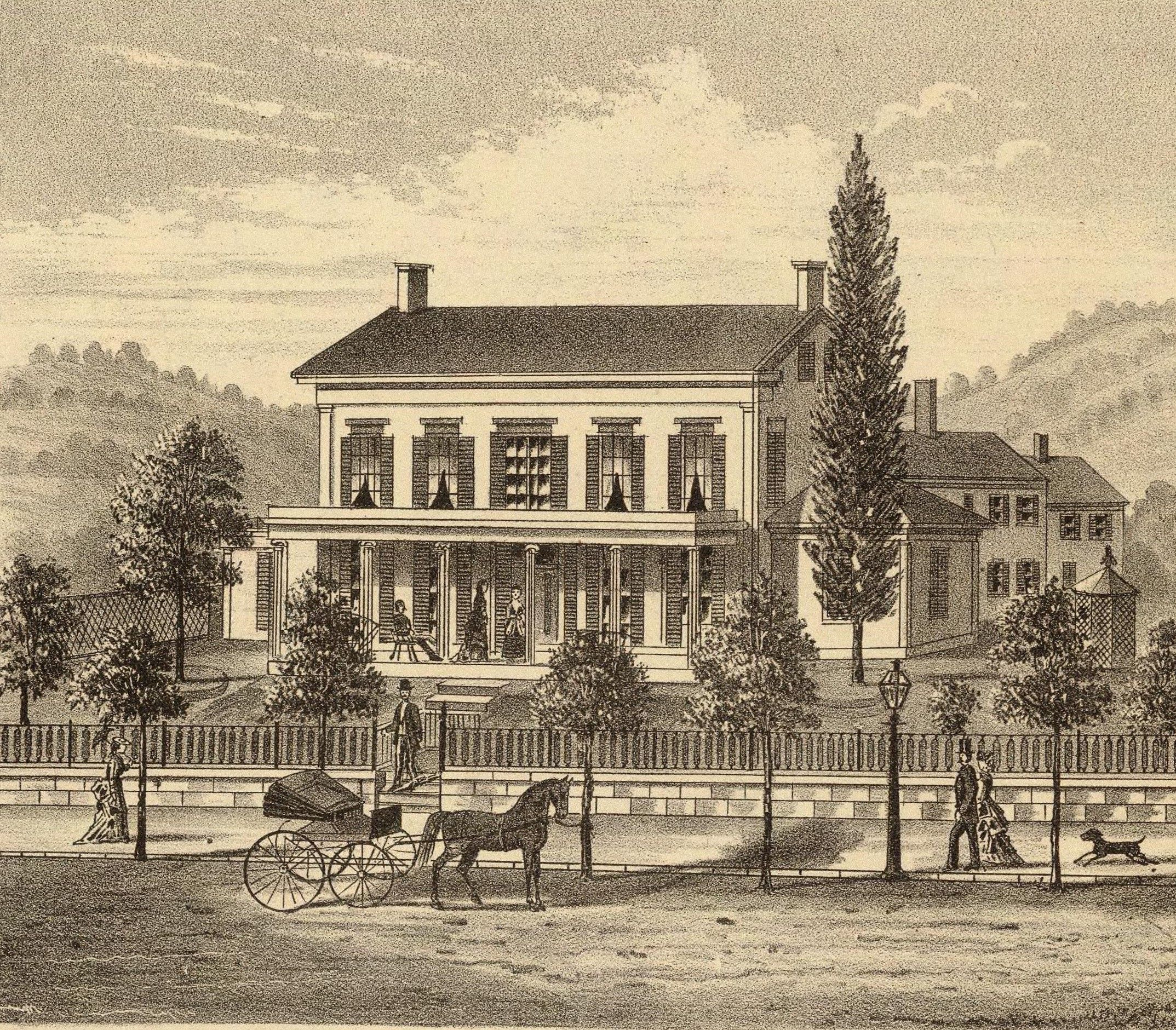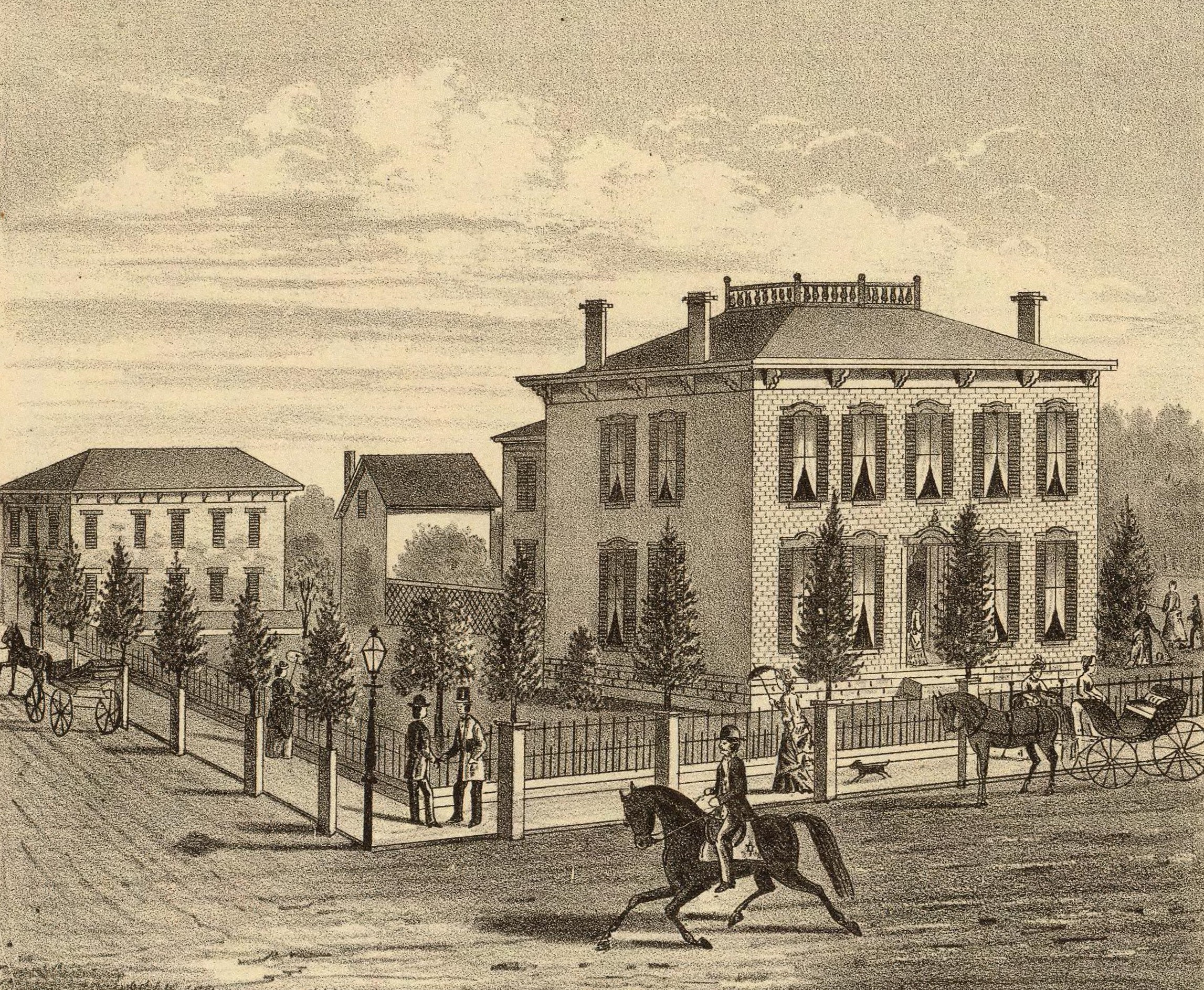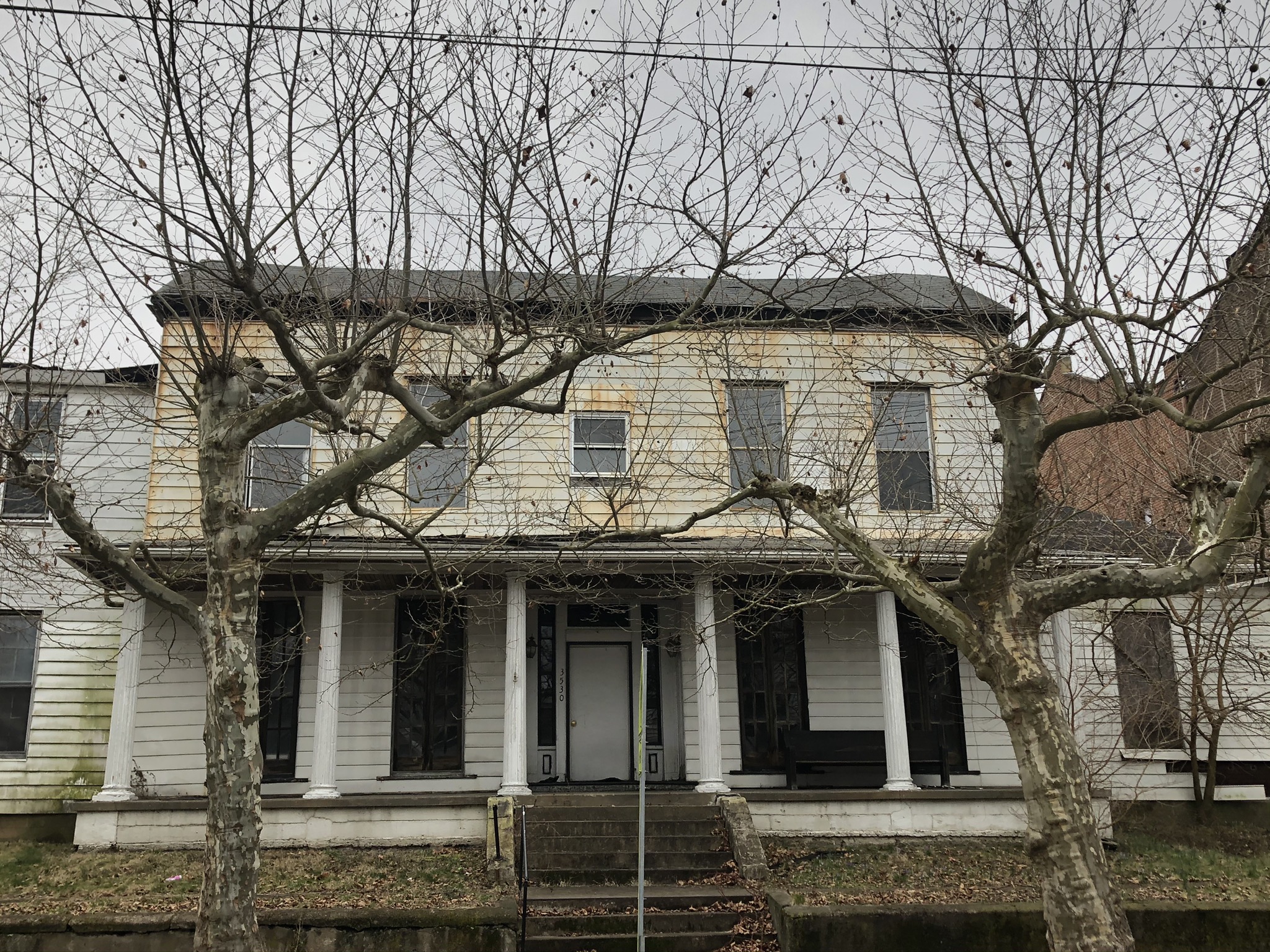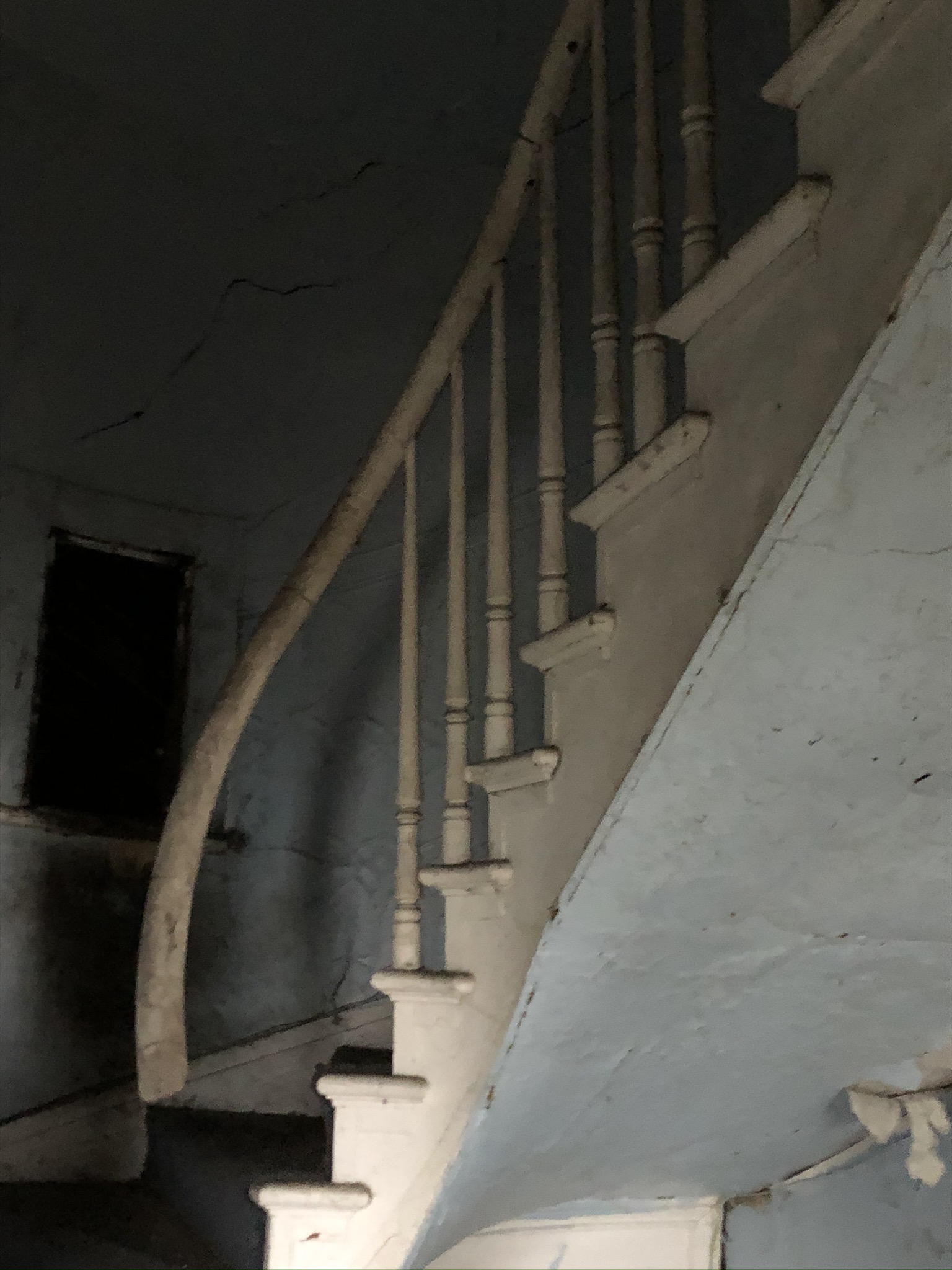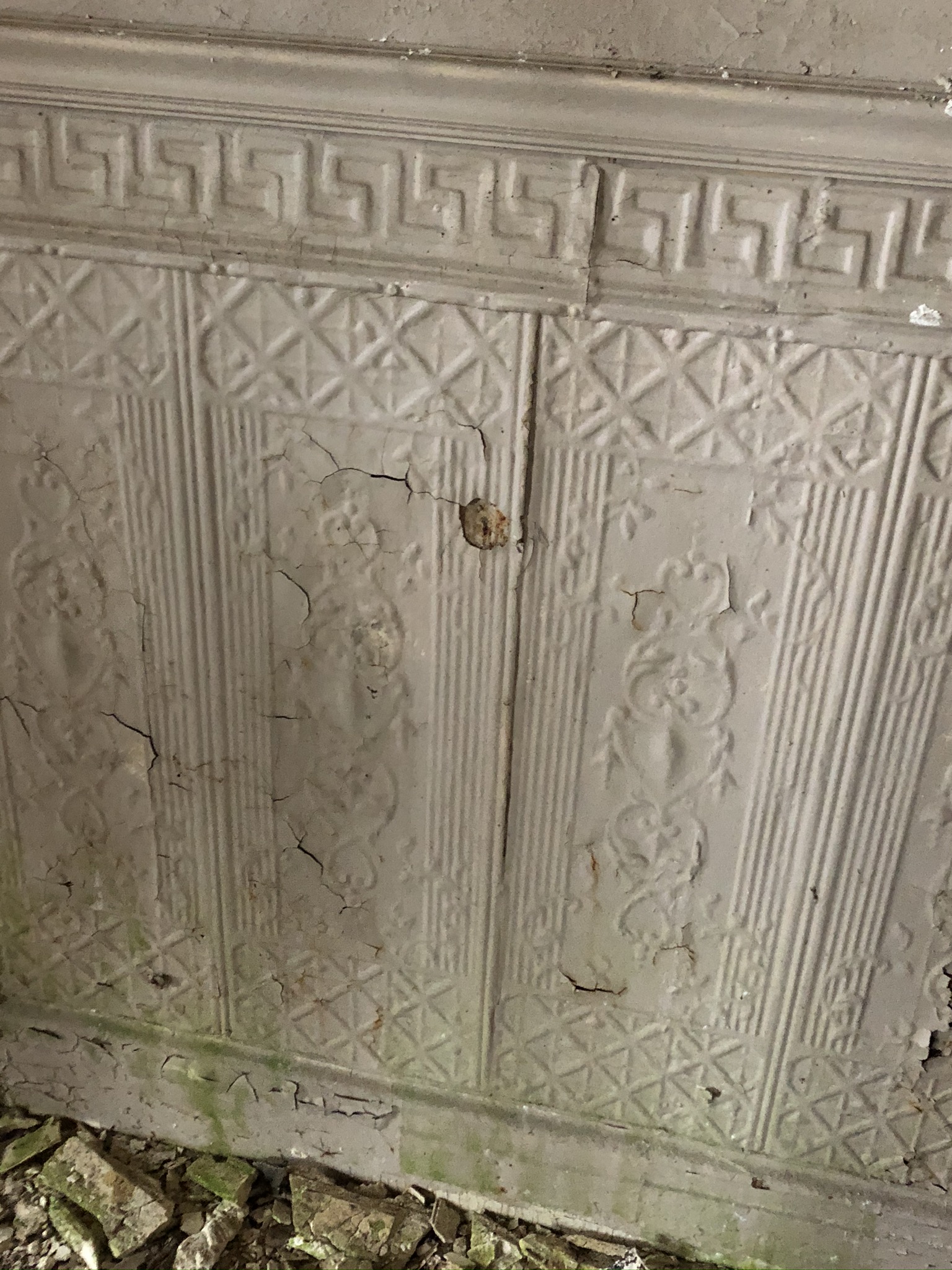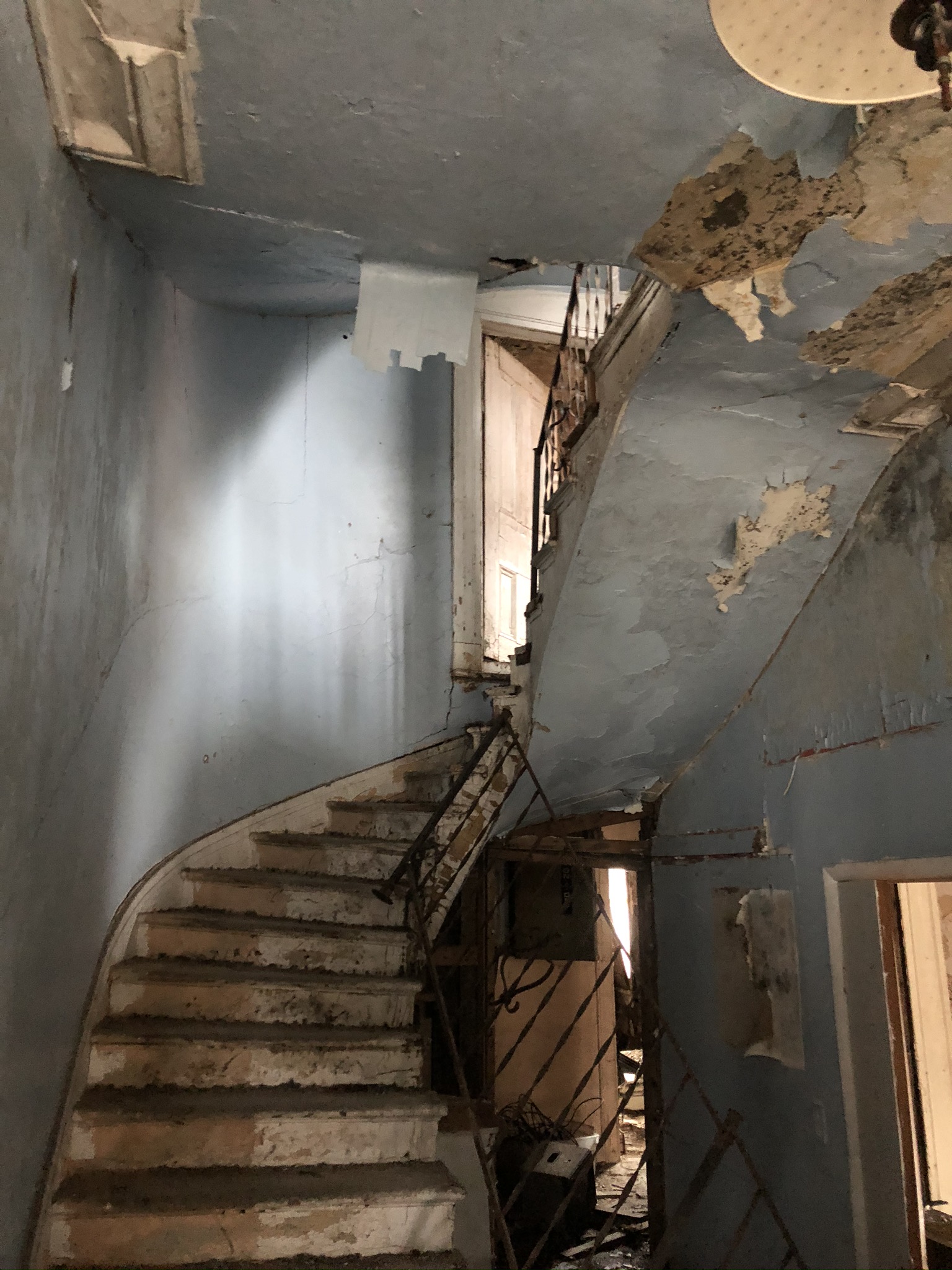South Wheeling residents are banding together in an effort to spare the historic Hobbs House from demolition. One of the oldest residential structures in South Wheeling, The Hobbs House was once the home of John L. Hobbs. Hobbs was the founder of what became Hobbs Brockunier Glass, one of the largest contributors to Wheeling’s history of industry and innovation.
Located at 3530 Eoff Street, the current owner of the property has filed a permit for the demolition of this historic home. According to the City of Wheeling’s new ordinance passed earlier this year, demolition permits for properties that are listed as contributing to a historic district must be reviewed by the Historic Landmark Commission, which then makes a recommendation to City Council. The Commission cannot deny a permit outright, but they can recommend that council deny a permit on the grounds that there are other feasible alternatives to demolition. After the March Historic Landmark Commission Meeting, the property owner’s request was benched for 30 days so that alternative options could be explored. The permit is up for review again on April 7.
For many years, the Hobbs House has sat in disrepair due to a series of negligent property owners. After a long span of deferred maintenance, the property went to auction and was purchased by the current owner in December 2021. The purchase price was $6,600. The South Wheeling Preservation Alliance, along with the help of several other preservation-minded individuals, hopes to work with the new owner to reach a solution that will prevent the demolition of this historic property.
The Hobbs Legacy
John L. Hobbs and James B. Barnes were veteran glass men from New England who came to the Wheeling area in 1845 and leased an existing glassworks located in Ritchietown (now South Wheeling). Their factory was located east of McColloch at 36th Street, which was renamed the South Wheeling Glass Works.
In 1863, the company was reorganized as J. H. Hobbs, Brockunier & Co. Barnes sold his share, and John H. Hobbs, son of John L., and Charles Brockunier joined the firm. For several years, John L. Hobbs had been seeking a less-expensive method to produce glass. In 1864, chemist William Leighton, Sr. developed a new glass formula that used lime instead of lead. The formula allowed for faster and cheaper glass production, while still achieving the clarity of leaded glass. The lime glass formula revolutionized the industry, making glass more affordable for the average consumer. It led to a great increase in the use of glass, both for everyday containers as well as fine serving pieces. This formula has been called the “second great advance” in American glass, after the invention of glass pressing. Because of the innovations developed by the Hobbs firm, the company grew and prospered in the latter half of the 19th century.
Hobbs Brockunier became one of the premier glassmakers in the country and the most important glass firm in West Virginia. One of their most famous creations was Wheeling Peachblow, which produced graduated colors from deep red to yellow.
The firm produced utilitarian pieces, such as lamp chimneys and pharmacy containers, vases, fine serving pieces, lamps and chandeliers. The light fixtures could be found in several Wheeling institutions, including the chandeliers that hung at Mount de Chantal Visitation Academy in Wheeling.
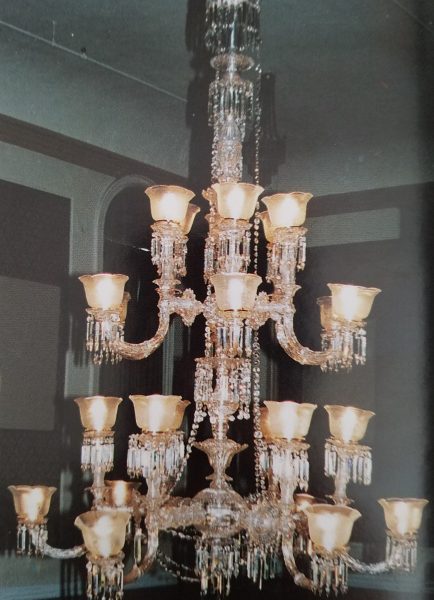
Hobbs is sometimes called the “glass university,” as many of its employees would go on to found their own glass companies – most notably Fostoria, Hazel-Atlas, and Northwood, which later operated out of the South Wheeling Glass Works. The most influential Hobbs “graduate” was Michael Owens, who started working at Hobbs at the age of ten. At age 29, he moved to Toledo to work with Edward Libbey. Owens invented a bottle-making machine that cut production time exponentially, making glass bottles cheaper to produce. He also patented several other inventions for the production of glass that revolutionized the industry. His inventions are said to have basically eliminated child labor in the glass industry
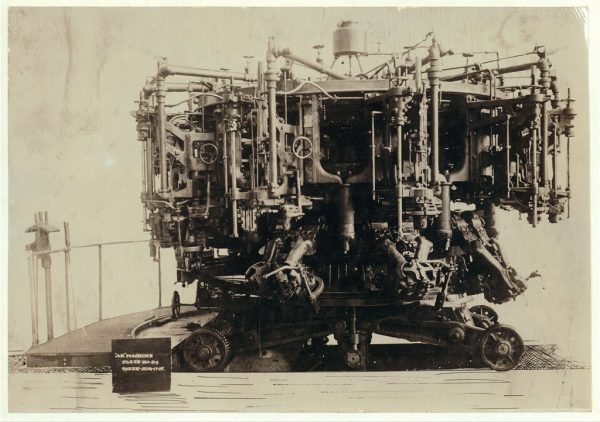
The John H. Hobbs house, which was located at 35th and Eoff Streets, has been demolished. The Glass Works buildings have been completely demolished. The John L. Hobbs House is the only remaining visual link to the rich history of glassmaking in South Wheeling and the revolutionary impact of the Hobbs firm on American life.
The Future of the Hobbs House
The South Wheeling Preservation Alliance hopes that an alternative to demolition can be identified. Any attempt at rehabilitation would be a monumental undertaking, but not an impossible one. Thanks to the newly designated South Wheeling Historic District, the Hobbs House is a contributing building, meaning it qualifies for historic tax credits. There are additional resources available as well. Some of those resources include:
State Grants – West Virginia State Historic Preservation Office (SHPO)
The state provides two historic preservation grant programs: Survey and Planning and Development Grants. Development grants provide assistance to organizations and individuals for the protection, rehabilitation, restoration, and stabilization of resources listed in the National Register. Survey and Planning grants provide funds for planning activities such as individual or district nomination, preservation feasibility studies, and other preparatory activities.
Local Grants- Wheeling Heritage Paul Bruhn Subgrant Program
In 2021 Wheeling Heritage was awarded the Paul Bruhn Revitalization Grant from the National Park Service, which funds subgrant programs awarding funds for predevelopment and construction projects. The Wheeling Program prioritizes downtown commercial redevelopments and catalytic neighborhood projects in Wheeling’s urban neighborhoods. Awards range from $25,000-$75,000
Technical Assistance – Wheeling Heritage
Wheeling Heritage, through Main Street West Virginia, provides design assistance to historic property owners located in the Wheeling Main Street District. Services include building improvement recommendations, tax credit advice, façade renderings and general guidance. Services are provided at no cost on a first-come, first-serve basis.
Historic Rehabilitation Tax Credits – Federal and State
The Rehabilitation Investment Tax Credit Program provides for a federal income tax credit and a West Virginia state income tax credit for the rehabilitation of historic, income-producing properties on or eligible for the National Register. Under the provisions of the Tax Reform Act of 1986, a 20% federal tax credit is available for the substantial rehabilitation of buildings that are certified as historic. The credit is applied directly against taxes owed by the owner. There is a similar 25% state income tax credit available to owners. For non-income producing properties, the state provides a 20% residential credit to offset costs associated with rehabilitating a private, certified historic residence.
Preservation Loan Guarantee Program – Friends of Wheeling
This program provides funds for collateral on bank loans of up to $25,000, allowing borrowers to get prime interest rates. Loans can be used for interior or exterior work on residential or commercial structures that are of historic value.
Help Save The Hobbs House
Ultimately, the Hobbs House serves as an example of what years of deferred maintenance and neglect can do to a property. The longer a building sits unoccupied and vulnerable to the elements, the more difficult its rehabilitation becomes.
The South Wheeling Preservation Alliance asks that anyone interested in purchasing, supporting, or learning more about the Hobbs House reach out to the group via Facebook. They are always seeking new members, and worry that as their membership dwindles, so too does their ability to impact change. For more information, visit facebook.com/SouthWheelingPreservationAlliance


